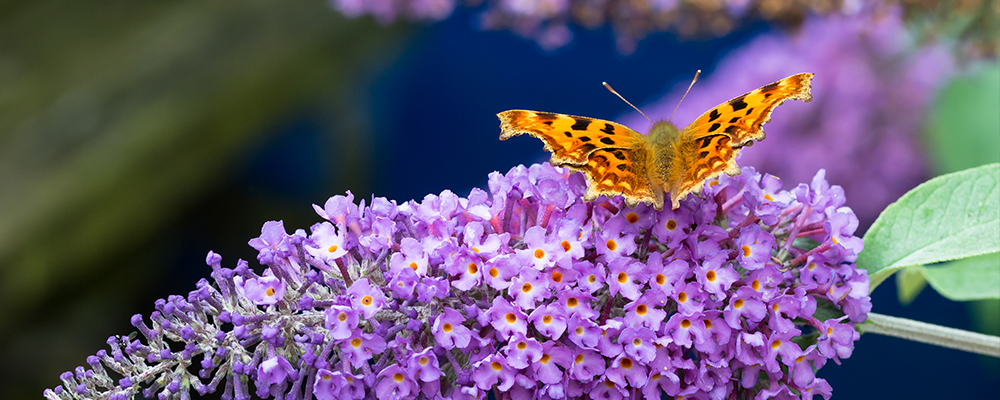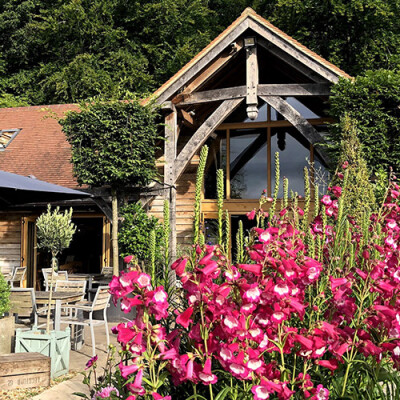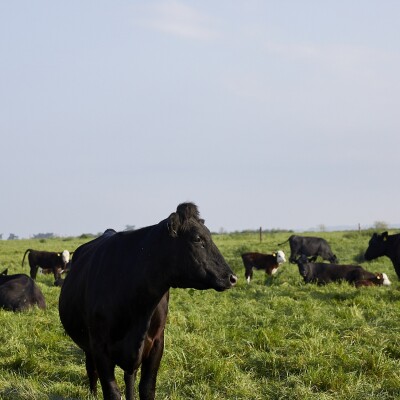Minimising Our Footprint
Sustainability forms the bedrock of our endeavours, guiding our choices from sourcing materials to implementing processes. We are relentless in our pursuit of minimising environmental harm, emphasising renewable resources and waste reduction at every opportunity.
Central to our mission is promoting eco-conscious practices through energy efficiency, waste reduction, or innovative packaging solutions. We aim to set a precedent for environmentally responsible business practices by harnessing renewable energy and instituting effective waste management systems.
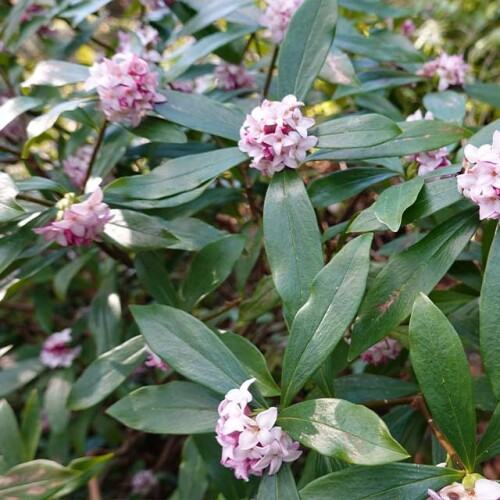
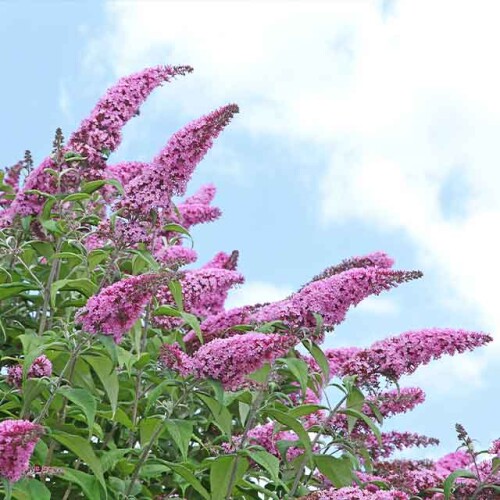
Embracing Native Beauty
At the heart of our sustainability efforts lies our commitment to utilising native plants. Recognising their pivotal role in preserving biodiversity and fortifying local ecosystems, we integrate native species into our landscapes. This showcases the natural beauty of our surroundings and nurtures habitats for indigenous wildlife, fostering a healthier environment overall.
Plants Native to the UK
· European Ash (Fraxinus excelsior): This tall and majestic tree is another important habitat for wildlife, and its leaves turn a stunning golden yellow in autumn.
· Common Hazel (Corylus avellana): This shrub produces delicious hazelnuts and provides food and shelter for a variety of animals. Its yellow catkins in early spring are a sign of new life.
· English Ivy (Hedera helix): This evergreen climber is a valuable source of food for insects and provides nesting sites for birds. Its dark green leaves add year-round interest to gardens and hedgerows.
· Wild Primrose (Primula vulgaris): These delicate yellow flowers are one of the first signs of spring, and they carpet the woodland floor in many parts of Hampshire.
· Bluebell (Hyacinthoides non-scripta): These beautiful blue flowers create a magical spectacle in woodlands in late spring and early summer. They are an important source of nectar for bees and other pollinators.
· Foxglove (Digitalis purpurea): This tall and striking plant has clusters of purple flowers that bloom in summer. It is a favourite with bees and other pollinators, but it is poisonous to humans and animals.
These are just a few examples of the many beautiful native plants that can be found in Hampshire. By planting native species in your garden or local area, you can help to create a haven for wildlife and preserve the natural beauty of the Hampshire countryside.
Moreover, native plants are adept at adapting to local climates, necessitating fewer resources such as water, pesticides, and fertilisers compared to non-native varieties. This resource conservation minimises environmental impact and reduces reliance on harmful chemicals, paving the way for a cleaner, greener future.
When it comes to soil and compost in your garden, rest assured that we prioritise peat-free alternatives. By abstaining from peat usage, we contribute to preserving vital peatlands, essential for carbon storage and ecosystem health.
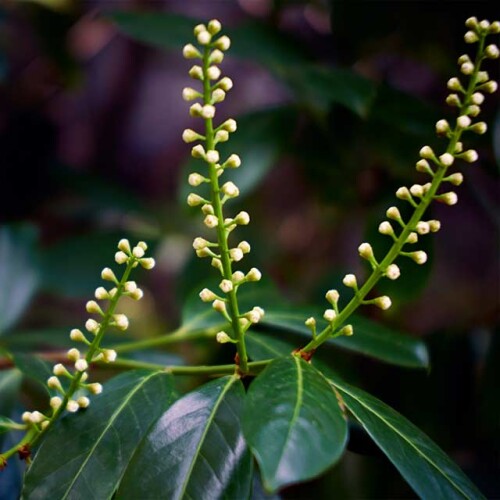
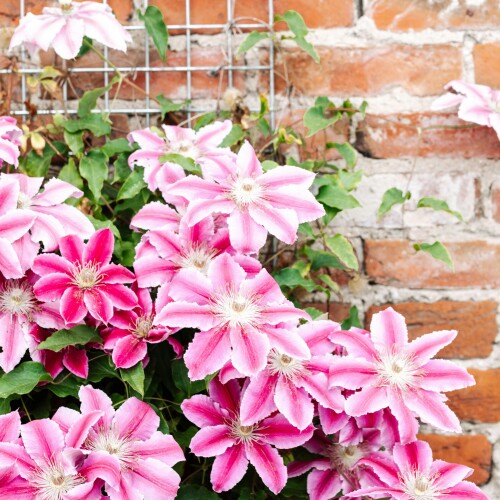
Join Us on Our Journey
Furthermore, we are committed to reducing our reliance on plastics, actively working toward their elimination. Where plastic pots are still in use, we prioritise recycling or repurposing them within our nursery. Our convenient pot swap service encourages responsible disposal and exchange of plastic pots, minimising waste.
At Longstock Park Landscapes, we specialise in wildflower turf, a natural approach to fostering biodiversity and supporting beneficial insects and wildlife. Our experts can guide you in integrating wildflower turf into your garden, whether as part of your lawn or as a standalone feature, regardless of scale.
Incorporating plants that attract and support insects and wildlife is an effective strategy for garden planning. Our nursery specialists excel in selecting plants that enhance your garden's aesthetic appeal and serve as vital habitats and food sources for beneficial insects and wildlife. We collaborate closely with you to ensure these plants harmonise with your garden design, contributing to ecological equilibrium.
